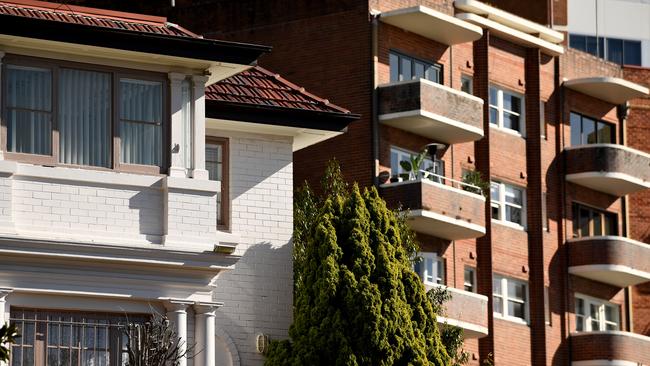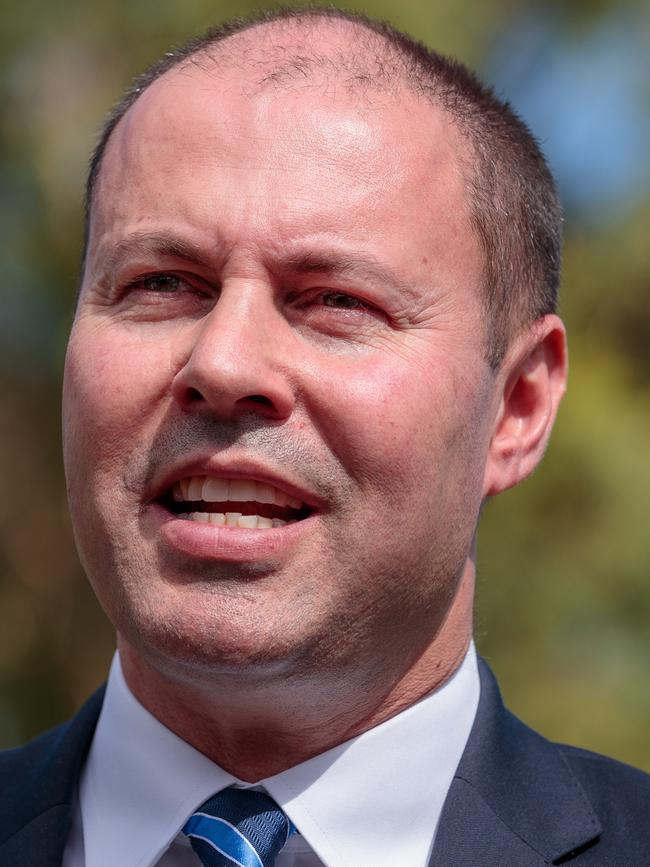Housing slide biggest risk to economy: Treasury
Treasury warns that a flagging housing market poses economic risk for next government.

The sliding housing market is the key risk to the health of the economy that will be inherited by the government in the 46th parliament, according to Treasury’s pre-election forecasts, which reveal the deficit for the current financial year has blown out by $100 million following the federal budget energy assistance payment backflip.
The late decision to include Newstart recipients and pensioners in the government’s energy assistance handout has seen the estimate for the underlying cash deficit for 2018-19 sunk a further $100 million to a projected deficit this year of $4.2 billion.
Other than that, there were no major changes to the economic parameters underpinning the budget assumptions. However, Treasury has declared the government will be unable to deliver on its promise to cut income tax for low- and middle-income earners unless it drags back parliament to sit before the end of the financial year, potentially putting at risk hundreds of dollars in savings for working Australians promised to them in this month’s federal budget.
Treasury has declared there have been no adverse material changes to the economic forecasts since Josh Frydenberg delivered the federal budget earlier this month. The projected surplus for next financial year remains unchanged at 7.1 billion, Treasury said.
But the housing market, and the degree to which falling property prices spiral back on economic activity, remain a key risk to the outlook.
“Domestically, uncertainty about the outlook for the housing market, in particular the extent to which housing prices fall further, poses a downside risk to the outlook for both dwelling investment and consumption,” Treasury said. “A more subdued outlook for household income, or a further tightening in credit conditions, could also constrain household spending amid high levels of household debt.”

Josh Frydenberg said the PEFO statement showed Labor’s claims of a $40 billion annual blackhole in the government’s surplus plan was incorrect.
“The 2019 PEFO also completely destroys any claims about supposed hidden spending cuts in our Budget. Labor’s ridiculous claims have been exposed as just another Labor lie,” the Treasurer said.
“There are no assumed undisclosed future spending cuts in the Government’s medium term projections. In contrast, when Labor was last in Government, they did precisely what they are now falsely trying to accuse our Government of,” Mr Frydenberg said.
Treasury has confirmed, however, that parliament will need to be dragged back to sit before the end of the financial year if the government wishes to pass its proposed low- and middle-income tax cut plan. Labor does not support the proposal in its current form.
“There are a number of tax measures included in the 2019-20 Budget that take effect on or before 1 July 2019. Many of these measures can be legislated at a later time within 2019-20 without materially affecting the estimates,” Treasury said. “However, the immediate relief to low- and middle-income earners component of the Lower taxes for hardworking Australians: Building on the Personal Income Tax Plan measure requires the relevant legislation to be passed before the increase to the low and middle income tax offset (LMITO) can be provided for the 2018-19 financial year. If not legislated prior to 1 July 2019, the revenue cost of this measure would need to be reassessed.”



To join the conversation, please log in. Don't have an account? Register
Join the conversation, you are commenting as Logout